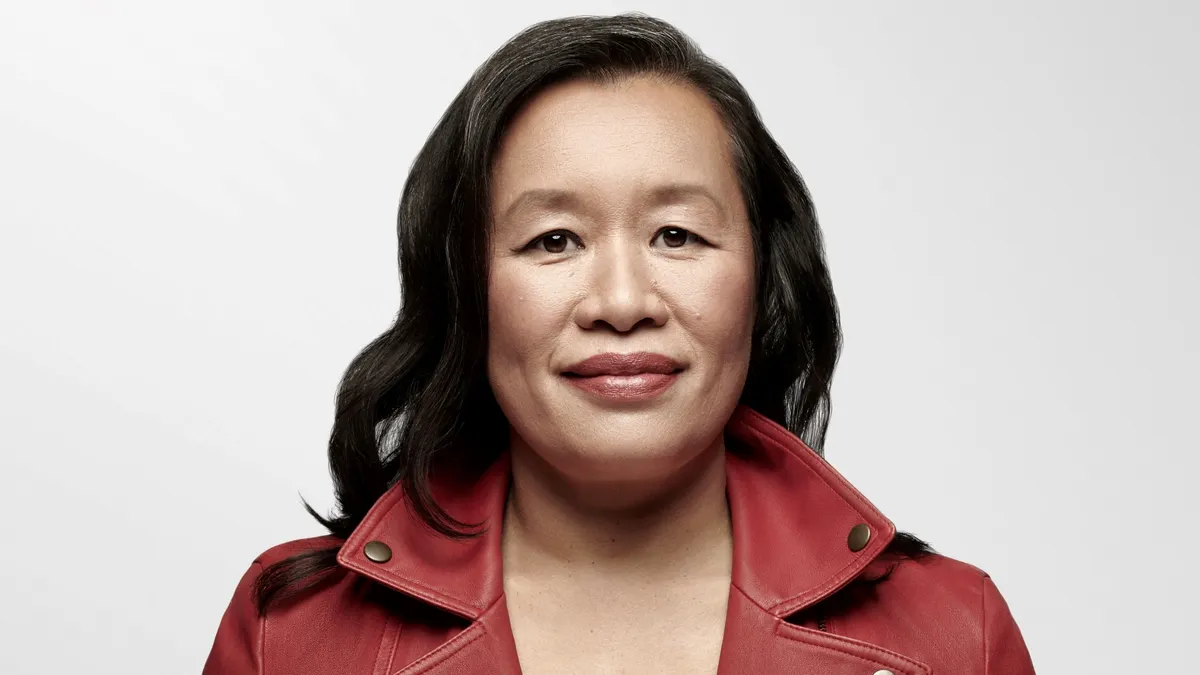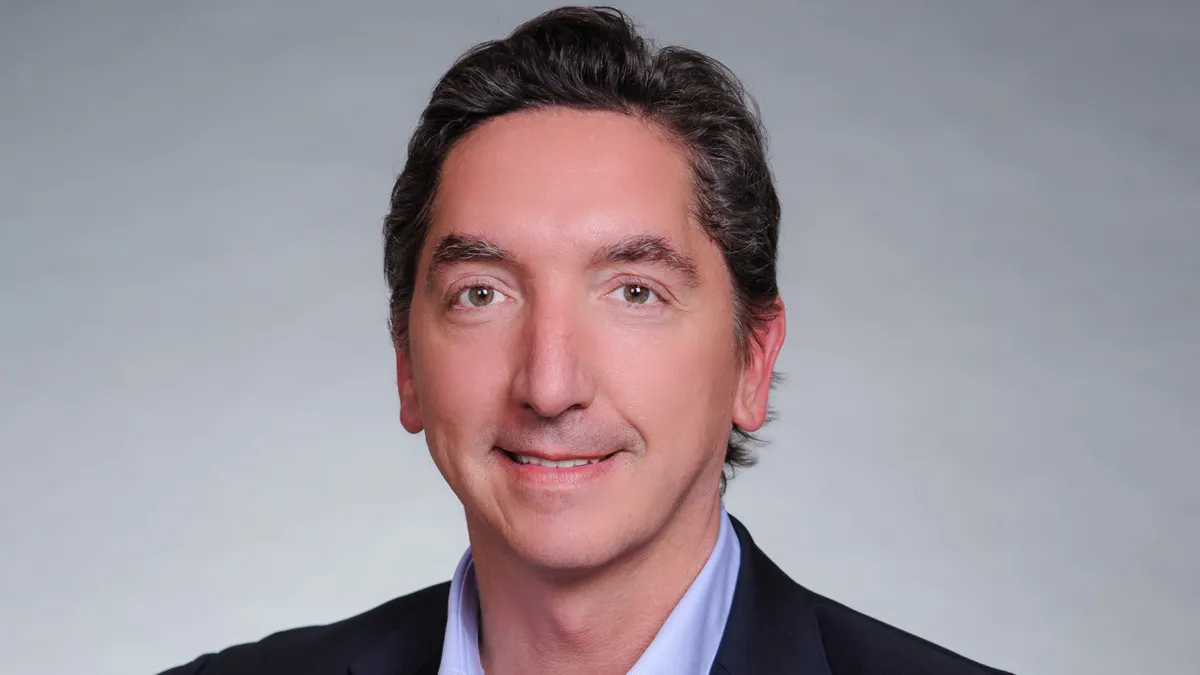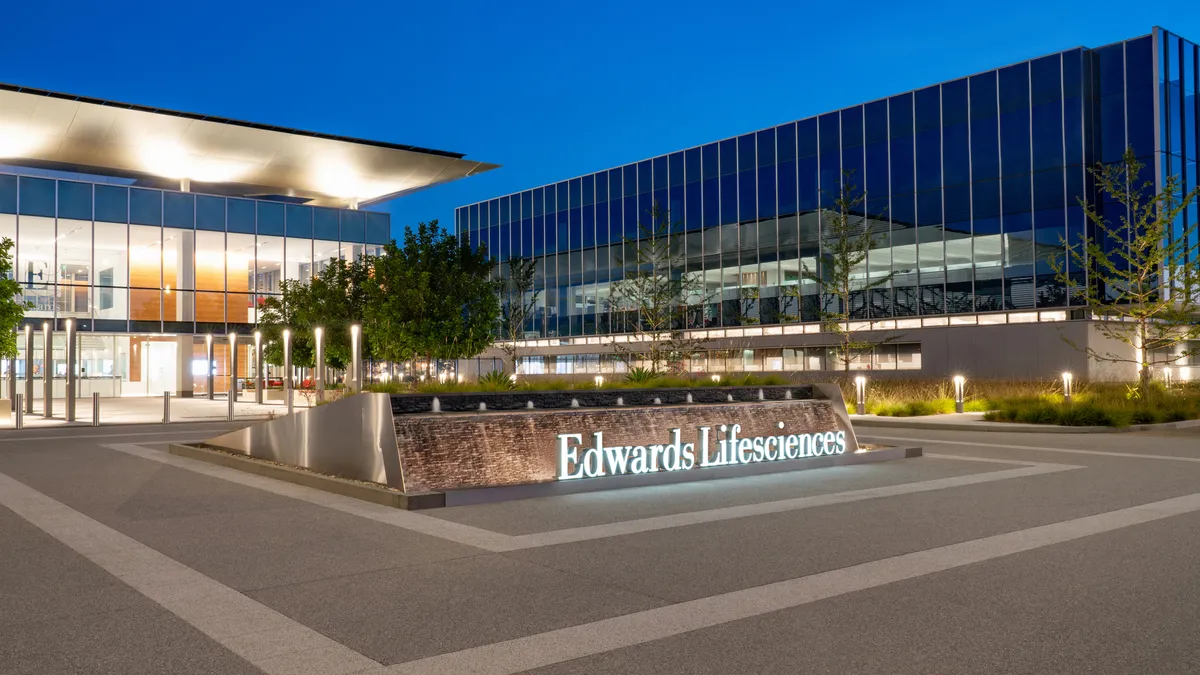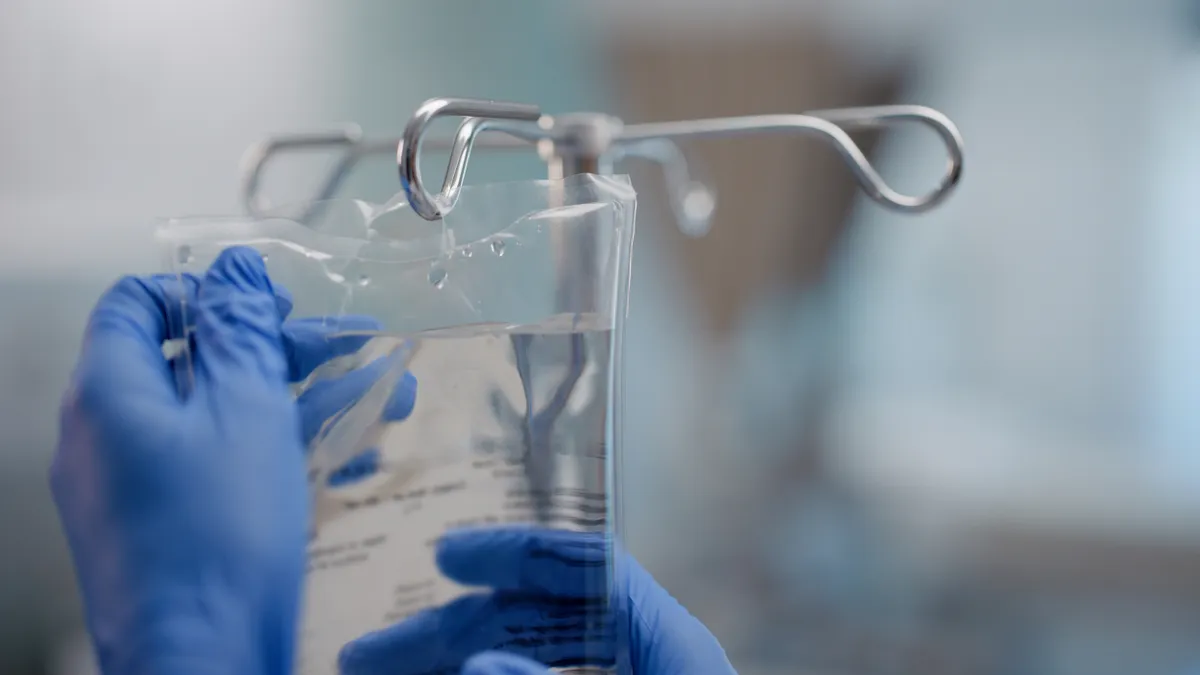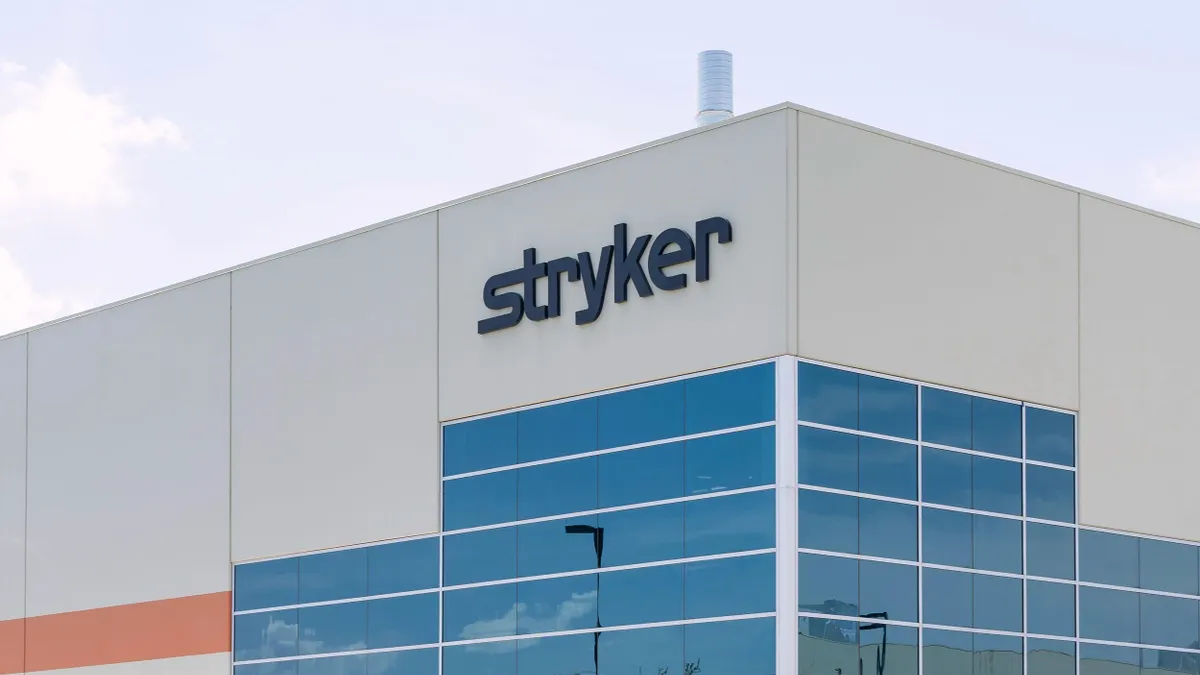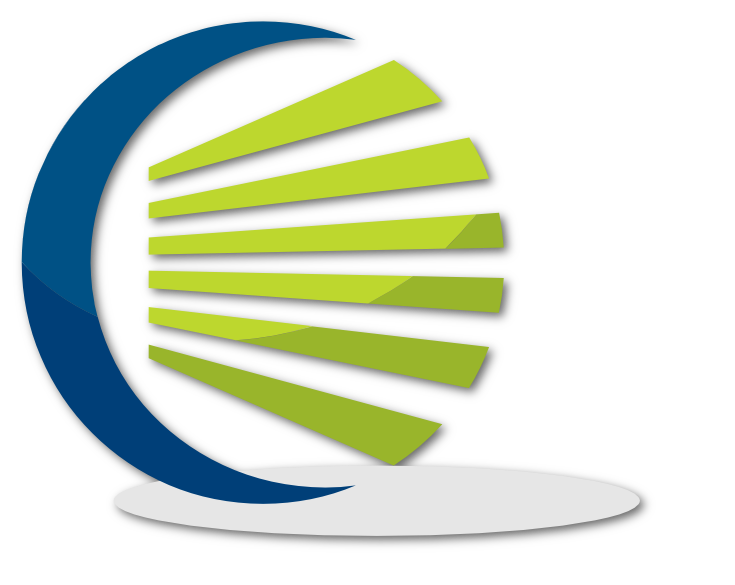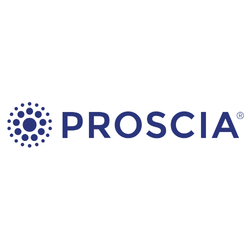Que Dallara, the leader of Medtronic’s diabetes business, is keeping the focus on new products and innovation as the unit prepares to spin out into a standalone company.
Dallara, who will become CEO of the new company, called MiniMed, joined Medtronic in 2022. Dallara was tasked with turning around the diabetes business, which faced declining U.S. sales amid recalls and regulatory concerns. Since then, Medtronic has resolved a Food and Drug Administration warning letter, U.S. diabetes sales have started to recover, and the segment has launched a new insulin pump and glucose sensors.
The diabetes unit has also partnered with competitor Abbott. This week, the companies launched a continuous glucose monitor, called Instinct, made by Abbott and designed to work with Medtronic’s insulin pumps. Medtronic also began a rollout of its new Simplera Sync sensor in the U.S.
MedTech Dive caught up with Dallara to talk about Medtronic’s turnaround, the Abbott partnership, new devices and progress of the diabetes spinoff.
This interview has been edited for length and clarity.
MEDTECH DIVE: You joined Medtronic a few years ago and have worked to turn around the diabetes business. What were your top priorities when you started?
QUE DALLARA: It’s really three things. The first thing is — which we don’t like to go back there too often — we had a warning letter in the U.S., which we had to clear. We did that in about 14 months. That was a lot of work. That helped us repair our relationship with the FDA and get on good standing.
Two was hitting our commitment to the company.
The third thing, which is really important, is while we're hitting the financial metrics, we also have to be investing in long-term innovation, and in medtech, it's all about the innovation. That’s what patients want.
That's why we invested in our smart multiple daily injections, [or MDI], but also the 780G, which is the first [automated insulin delivery] system that had this meal detection technology and this concept of auto-corrections. Meaning, if you’re not exact in your bolusing, or if you forget to bolus occasionally, the system can react and adapt to that. We were the first one with a seven-day infusion set.
You’ve seen from our recent approvals and launches — we just launched two new CGMs this week — that the pipeline is really humming.
Medtronic recently received an expanded label for the 780G, which, among other things, allows you to integrate your insulin pump with a CGM made by Abbott. How did you decide to pursue this partnership with Abbott?
While we were working on our own sensor platform, we thought that we wanted to create other options. And given that we have Type 2 labeling as well, and Abbott has a very strong presence in Type 2, we wanted this to be another option — a longer wear sensor, a different form factor. From Abbott’s standpoint, they get the benefit of access to our install base. And then we have the same access to their install base. That means a few million Type 1 and Type 2 patients that can now benefit from the 780G system.
What other upcoming devices are you working on that you’re excited about?
We've talked publicly about our next generation durable pump that we're calling MiniMed Flex. It’s going to be phone controlled. It’s a lipstick-sized pump, very sleek and beautifully designed. It comes with all of the features of the 780G system, the algorithm with meal detection and auto corrections, the seven-day infusion set. And then of course, integration into Instinct, which is the sensor we’re working on with Abbott, as well as our own Simplera Sync sensor. You’re going to see a completely refreshed software experience, very easy to use.
And then we’ve talked about our next generation patch pump that we’re calling the MiniMed Fit. So, that’s in development. I think people are eagerly awaiting other pump options on the market.
We've launched our smart MDI solution with InPen — that we're calling MiniMed Go — in Europe. We are preparing a launch of that later in our fiscal year in the U.S. as well.
There’s going to be a cohort of people who want durable pumps, and then there’s another cohort that prefers to wear something like a patch pump. And then there's going to be a vast majority that don't want to wear pumps, or they're not ready for it, [who] are on MDI, and we want to bring our software and our algorithmic and clinical outcomes experience to that cohort as well.
Can you share an update on timing for the Flex and the Fit pumps?
We’re going to submit in the U.S. on the Flex before the end of our fiscal year. It’s at a very advanced stage; we’re preparing manufacturing scale-up for that.
For the Fit, we haven’t announced timelines publicly. I anticipate in the coming months, we’ll be able to talk more precisely about that, but that’s progressing incredibly well. I think people are excited with the design there. It’s going to be a 300-unit reservoir. It’s going to have great algorithms. And we’re excited to bring that to market after the Flex.
I know that Medtronic’s diabetes business is planning an IPO and spinoff. What’s the thinking behind that plan, and what do you hope to get from having MiniMed be a separate business?
It’s a win-win for Medtronic, as well as the diabetes business, because it helps both businesses focus.
There are so many growth drivers that Medtronic has in its portfolio, whether it's cardiovascular or neuroscience or surgery, that when it comes down to making decisions on where you allocate capital, there’s just so many options. That’s what led to this idea that, well, we can’t do everything.
It’s a little bit rare to see growth businesses separate because everyone’s chasing growth, but because Medtronic has so many growth options, that's the reason we ended up with a hard decision for Medtronic to let go of the diabetes business. But I think in the end, everyone feels good about the decision that diabetes can focus. It is a little bit different from Medtronic in that it’s very consumer [oriented], and it’s got a different innovation cycle, a different go-to-market, a different manufacturing, high-volume scale than Medtronic.
How is the spinoff process going so far?
It’s going great. But with most things like this, it’s agony and ecstasy. When we’re launching Instinct, absolute ecstasy, because the team continues to execute phenomenally with our pipeline, a new CGM coming out.
And at the same time, doing all of the required steps to operate as an independent company. Being able to pay people, being able to close your financial books — these are very mundane things we do today in a big company. But setting the business off to stand on its own, and getting a board in place, a leadership team and so forth.
We get a lot of support from Medtronic. And we're progressing incredibly fast.


